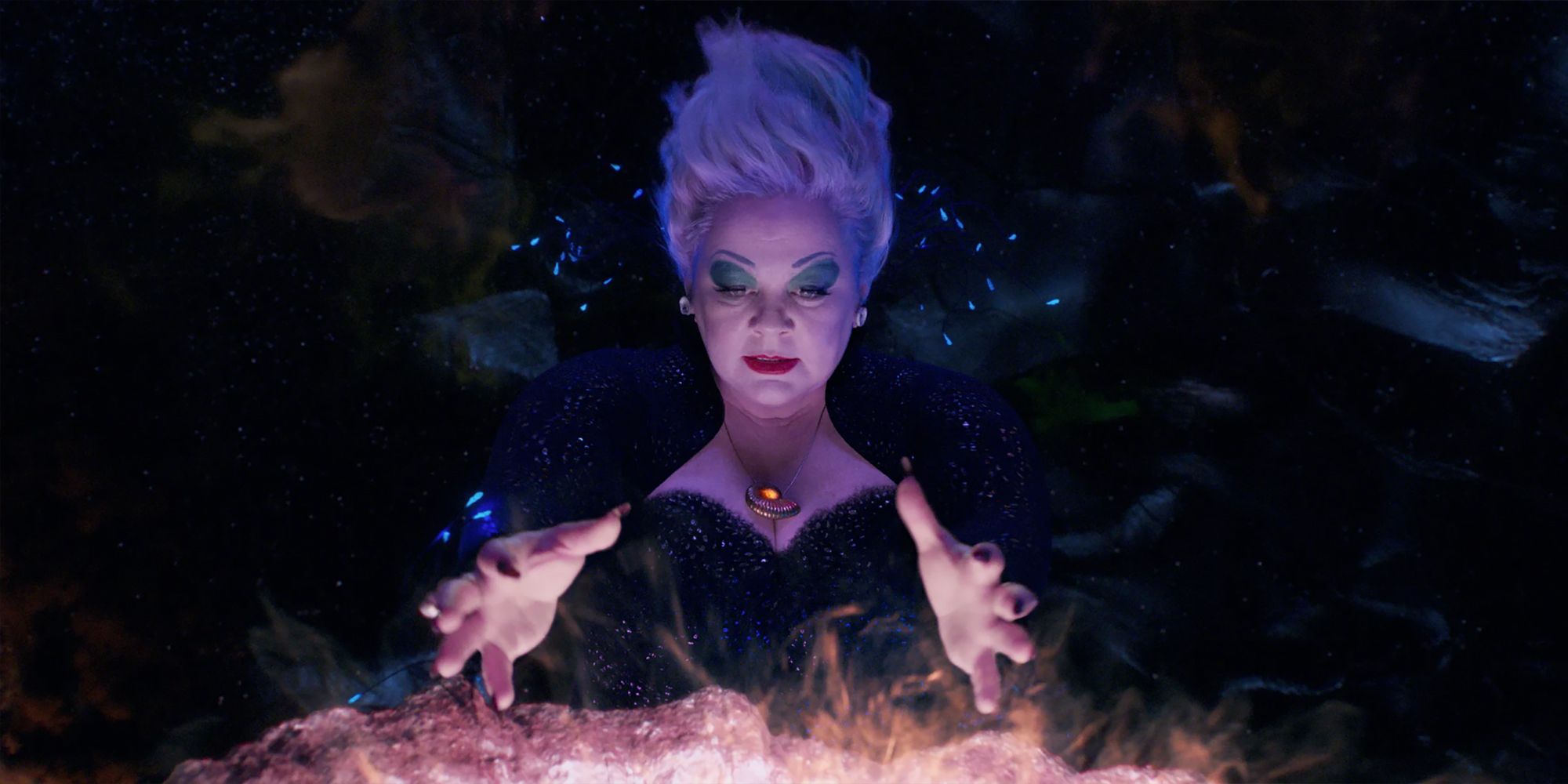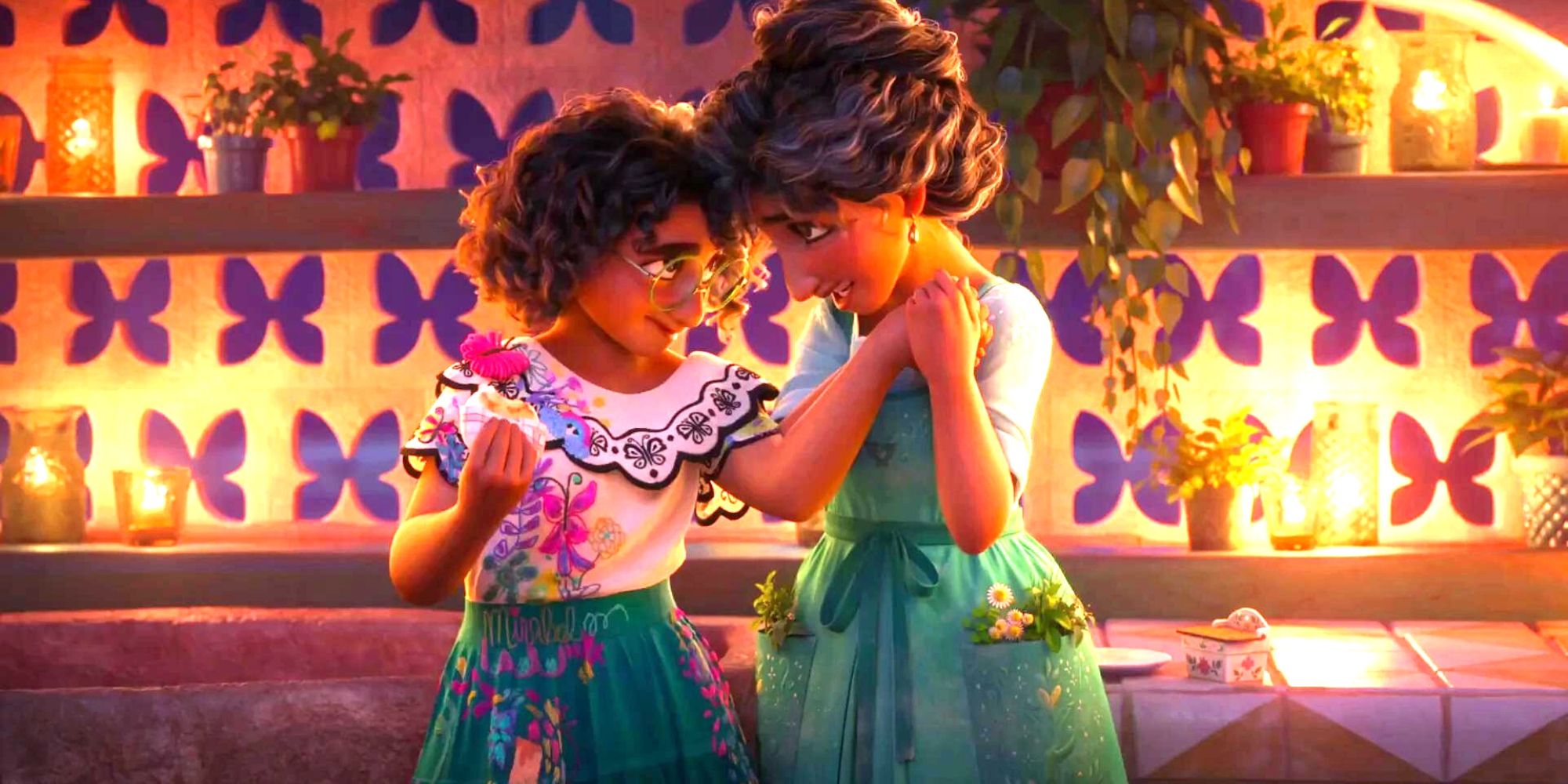
The Unstoppable Craze: Why Disney's Live Action Remakes Are Here to Stay (Love 'Em or Hate 'Em!)

Disney's live-action remakes have become a hot topic, sparking debates on their success This article delves into the reception, box office performance, and the need for Disney to prioritize fresh and original content Discover the ongoing dilemma surrounding these remakes
Highlights
Disney's live-action remakes have received mixed reviews from both critics and fans, with only a few regarded as solid gems.
Despite negative reviews from critics, some remakes, including Aladdin and The Lion King, have received an excellent response from the audience. Although commercially successful, numerous live-action remakes have faced difficulties at the box office, prompting Disney to contemplate the creation of more original content.
Despite the constant controversies in the film industry, few topics are as divisive as the discussion surrounding Disney's live-action remakes. The concept of modernizing beloved classics for a contemporary audience may seem like a surefire way for Disney to make money and please fans, but this hasn't always been the case. While there was a time when moviegoers appreciated the novelty of seeing Disney stories reimagined in live-action, that novelty has now worn off.
In today's world, most people react with eye-rolls when they hear about the latest Disney live-action remake. Given the negative fan responses and the significant loss of goodwill for Disney, many believe it's time for the company to stop making live-action adaptations. However, it's also important to recognize that not all of these remakes are terrible. Although Disney fans have been seeing them since the 1990s, there have been both successful and lackluster attempts.
Disney's Live-Action Remakes Have Been A Mixed Bag
The first live-action remake from Disney was 1994's Rudyard Kipling's The Jungle Book, but the trend didn't fully take off until the release of 2014's Maleficent. Out of over twenty live-action adaptations of Disney movies, only a few are considered highly acclaimed by both critics and fans. Two standouts are 2015's Cinderella and 2016's The Jungle Book. However, opinions on the other films can vary greatly between fans and critics.
A notable example of this divide can be seen with 2019's Aladdin and The Lion King. While critics were mostly negative, audiences loved both films. On Rotten Tomatoes, only six of the live-action Disney remakes are certified fresh, while ten are considered rotten by critics. These negative ratings from both fans and critics have influenced audience perspectives on these movies.
Although many remakes stick to the original storyline, some choose to explore prequel stories from different characters' perspectives. Surprisingly, fans often appreciate this creative change more than critics. This is evident in the positive reception of 2014's Maleficent and 2021's Cruella.
The Little Mermaid Underperformed At The Box Office
Irrespective of the reception from fans and critics, it is crucial to consider the financial success of these movies. From a commercial standpoint, the live-action remakes can be seen as a rather unpredictable endeavor. While movies like The Lion King and Aladdin managed to amass over a billion dollars at the box office, numerous other remakes have struggled to perform well. In fact, many of these films could be deemed as failures, particularly if they were backed by extensive marketing campaigns.
The Little Mermaid, a live-action remake by Disney, stands among the recent relative failures in this genre. Originally released in 1989, the animated film was hailed as one of the most imaginative of all time. However, the 2023 live-action adaptation fell short in capturing the same enchantment as its predecessor. Though some viewers adore the movie, an equal number despise it, and it is disheartening when the easiest critique of the film revolves around questioning its necessity. Initially embroiled in controversy, The Little Mermaid has garnered a positive response from fans (according to Rotten Tomatoes), while critics remain somewhat indifferent.
With the previous successes of Aladdin and The Lion King, expectations were high for The Little Mermaid. However, it unfortunately fell short of the impressive standards set by its predecessors. Despite having a budget exceeding $250 million, The Little Mermaid only managed to generate $568 million globally. While this revenue is respectable, it likely did not meet the lofty goals set by the company. Additionally, the film faced tough competition in its second week from Spider-Man: Across The Spider-Verse, resulting in a significant decline in earnings.
Disney Needs To Get Back To Original Content
Although it is undoubtedly safer to release content that is tied to a well-known series, Disney should prioritize the creation of more original content. While it can be tempting to rely on those beloved timeless tales, many fans are not forming the same emotional connection with the live-action adaptations as they did with the original animated versions. The medium of animation allows for a greater degree of imagination and enchantment to shine through compared to the darker and more realistic live-action films. Furthermore, the fact that these live-action movies often struggle with jarring visual effects only exacerbates the issue.
Disney, a longstanding entertainment powerhouse, has consistently relied on recycling past successes, perpetuating a tiresome trend that has lost its allure among many. Complaining about Hollywood's apparent lack of originality is not uncommon, and the incessant stream of remakes only adds weight to these grievances. However, Disney's marvelous Pixar films, which often showcase fresh and innovative narratives, continue to captivate fans, proving that originality can still resonate. The success of movies like Pirates of the Caribbean, Moana, Encanto, and Wreck-It Ralph exemplify Disney's ability to transform modest concepts into grand spectacles. Even The Princess and the Frog, released in 2009, offers a delightful surprise, drawing upon timeless tales that have long been a source of Disney's magical charm.
















